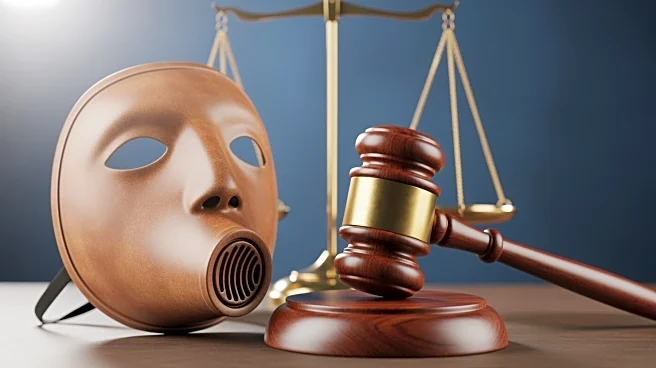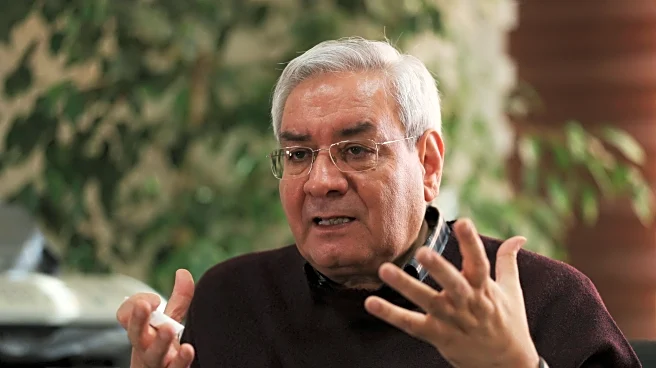What's Happening?
The U.S. District Court for the Southern District of New York has dismissed whistleblower retaliation claims brought by four former compliance officers of Shinhan Bank America. The claims were made under the Anti-Money Laundering Act of 2020 and the Financial
Institutions Reform, Recovery, and Enforcement Act of 1989. The court ruled that the defendants waived their right to arbitration by first filing a motion to dismiss. Additionally, the court found that the AMLA retaliation claim lacked subject matter jurisdiction, as whistleblowers must first file a complaint with the Secretary of Labor before pursuing federal court action. The FIRREA claims were dismissed due to insufficient evidence that the bank was aware of the whistleblowing activities.
Why It's Important?
This ruling highlights the complexities and limitations of whistleblower protections under AMLA and FIRREA. It underscores the importance of procedural compliance for whistleblowers seeking legal recourse. The decision may impact how financial institutions handle internal compliance issues and whistleblower claims, potentially influencing the behavior of compliance officers and their willingness to report misconduct. The narrow interpretation of these protections could deter whistleblowers from coming forward, affecting the enforcement of financial regulations.
What's Next?
The dismissal of these claims may prompt further legal scrutiny and potential appeals, as affected parties seek alternative avenues for justice. Financial institutions might reassess their compliance programs and whistleblower policies to mitigate risks of retaliation claims. Legal experts and advocacy groups may push for legislative changes to strengthen whistleblower protections and clarify procedural requirements.
Beyond the Headlines
The case raises ethical questions about the balance between protecting whistleblowers and ensuring fair legal processes for accused institutions. It may lead to discussions on the adequacy of current whistleblower laws and the need for reforms to better protect individuals who report wrongdoing.















